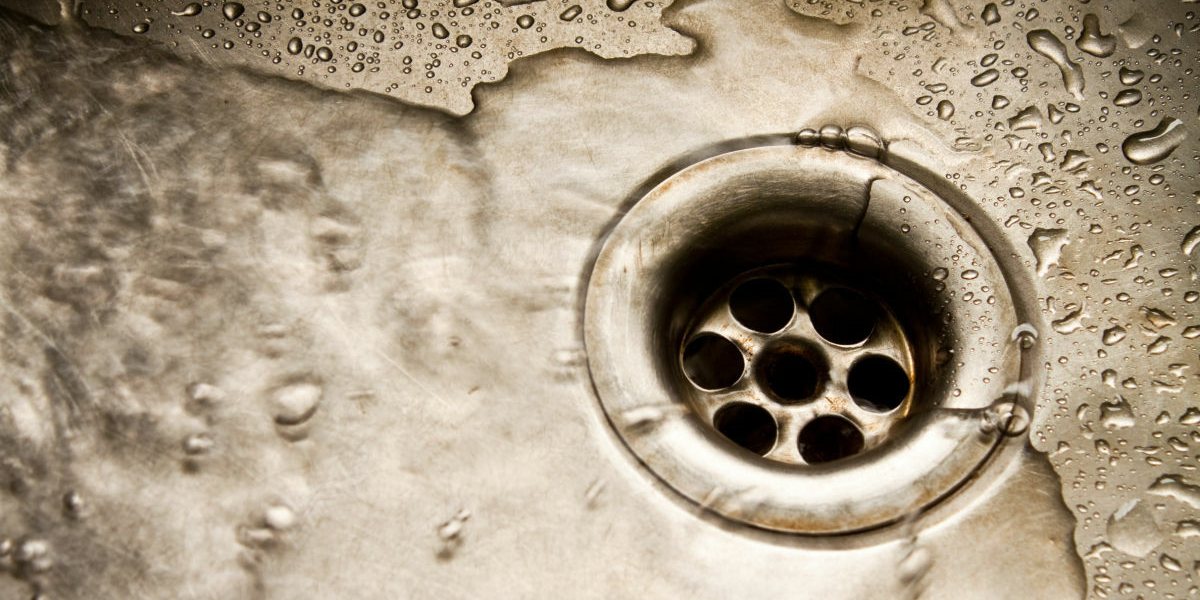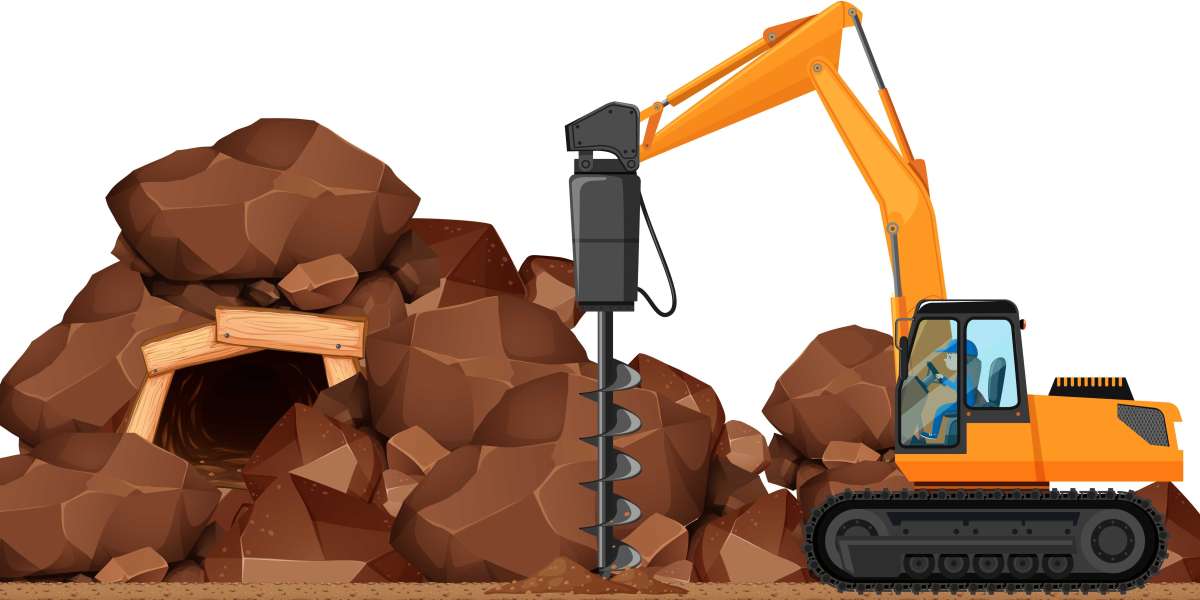Maintaining your septic tank is crucial to ensuring the longevity of your septic system and preventing costly repairs or replacements. One of the most essential maintenance tasks is a septic tank pump-out, a process that removes the solid waste that accumulates over time. Knowing when to perform a septic tank pump-out can save you from unpleasant sewage backups, slow drains, or even system failure. In this article, we will explore the signs, guidelines, and benefits of regular septic tank maintenance to keep your system in optimal working condition.
Understanding How Your Septic Tank Works
Before diving into when and why you should perform a septic tank pump-out, it's essential to understand how your septic system operates. A septic tank is an underground chamber designed to treat and dispose of wastewater from your home. Wastewater from your toilets, sinks, and other drains flows into the tank, where solids settle to the bottom (known as sludge), oils and grease float to the top (forming scum), and the liquid (effluent) exits the tank and is filtered through the drain field.
Over time, the sludge and scum layers accumulate, reducing the tank’s capacity to handle waste and increasing the risk of system failure. That’s where septic tank pump-outs come in. A professional septic service will pump out the sludge and scum, keeping your system functioning efficiently.
How Often Should You Perform a Septic Tank Pump-Out?
The frequency of septic tank pump-outs depends on various factors such as tank size, household size, and water usage. However, general recommendations suggest pumping your septic tank every 3 to 5 years. For smaller households or homes with lower water usage, a pump-out may be necessary less frequently, while larger households with high water consumption might need pump-outs more often.
Here's a rough guide based on household size and septic tank capacity:
- 1-2 people: Pump-out every 5-6 years
- 3-4 people: Pump-out every 3-4 years
- 5-6 people: Pump-out every 2-3 years
- 7+ people: Pump-out every 1-2 years
Your local septic professional can assess your specific system and provide tailored advice on when you should schedule a pump-out.
Signs Your Septic Tank Needs a Pump-Out
While it’s wise to follow the recommended pump-out schedule, there are also warning signs that indicate your septic tank may need immediate attention. Here are some of the key signs that a pump-out is overdue:
- Slow Drains
If your sinks, showers, and toilets are draining more slowly than usual, this could be an early sign that your septic tank is nearing capacity. - Gurgling Sounds in Plumbing
Strange gurgling noises from your plumbing system, especially after flushing a toilet or running water, often signal a problem with your septic tank. - Foul Odors
One of the most unpleasant signs of a full septic tank is a strong, foul odor coming from your drains, septic tank area, or leach field. This smell usually indicates that your system is struggling to process waste properly. - Sewage Backups
Sewage backups are a serious problem and are a sure sign that your septic tank needs immediate attention. If sewage starts to back up into your toilets, drains, or yard, it’s likely because the tank is full or the system is malfunctioning. - Standing Water in Yard
Pooling water around your septic tank or drain field is a sign that the effluent is not being absorbed properly, which could mean your tank is full or the drain field is clogged.
Benefits of Regular Septic Tank Pump-Outs
Performing regular septic tank pump-outs and cleaning offers numerous benefits, including:
- Prevention of Costly Repairs
Regular maintenance helps avoid the more expensive repairs that can arise from a neglected system, such as damaged drain fields or cracked tanks. By sticking to a pump-out schedule, you’ll be saving yourself significant money in the long run. - Improved System Longevity
A well-maintained septic system can last 20-30 years or longer. Pumping out your tank regularly prevents the buildup of solids, which can lead to system failure and the need for a costly replacement. - Environmental Protection
Failing septic systems can contaminate local water sources, causing health hazards and environmental damage. Regular pump-outs ensure your system is working efficiently and safely, protecting groundwater and nearby ecosystems. - Avoiding Sewage Backups
By keeping up with regular pump-outs, you greatly reduce the risk of sewage backups into your home. Backups are not only unpleasant but can also pose serious health risks and require expensive cleanup. - Improved Drainage Performance
A septic tank that is regularly pumped will prevent clogs and slow drains. This ensures smooth and efficient wastewater drainage from your home.
What Happens During a Septic Tank Pump-Out?
A professional septic tank pump-out is a straightforward process, but it requires expertise and the right equipment. Here’s a breakdown of what happens during the service:
- Locating and Accessing the Tank
The technician will locate the septic tank (if necessary) and uncover the tank’s access points. Some tanks may require digging to access the covers. - Inspection
Before pumping, the technician will inspect the tank to check for any signs of damage or problems with the inlet and outlet baffles. - Pumping Out the Waste
Using a specialized pump truck, the technician will remove the accumulated sludge, scum, and effluent from the tank. - Cleaning and Final Inspection
After pumping, the technician may clean the tank’s interior and inspect it again to ensure everything is functioning properly. If any issues are detected, they will recommend repairs. - Record Keeping
The technician will usually provide a report or receipt detailing the services performed, the condition of the tank, and recommendations for future maintenance.
Final Thoughts
A septic tank pump-out is a critical aspect of maintaining your septic system, and sticking to a regular pump-out schedule can save you from headaches down the road. Whether you’re noticing signs like slow drains and odors or you’re simply due for routine maintenance, scheduling a septic tank pump-out ensures that your system remains efficient, safe, and reliable.
By staying proactive with your septic system maintenance, you’ll not only extend its lifespan but also protect your property and the environment. If you’re unsure about when to schedule your next septic tank pump-out, consult a local septic professional for advice tailored to your specific system.









